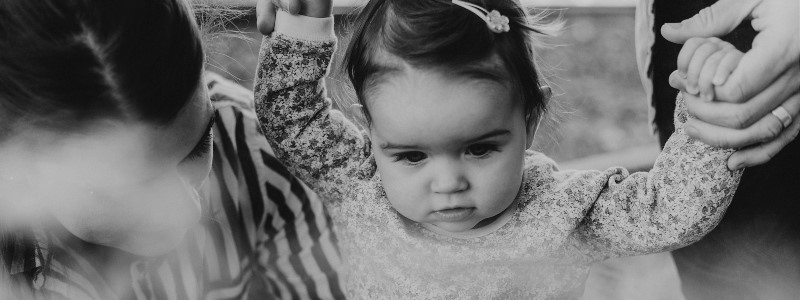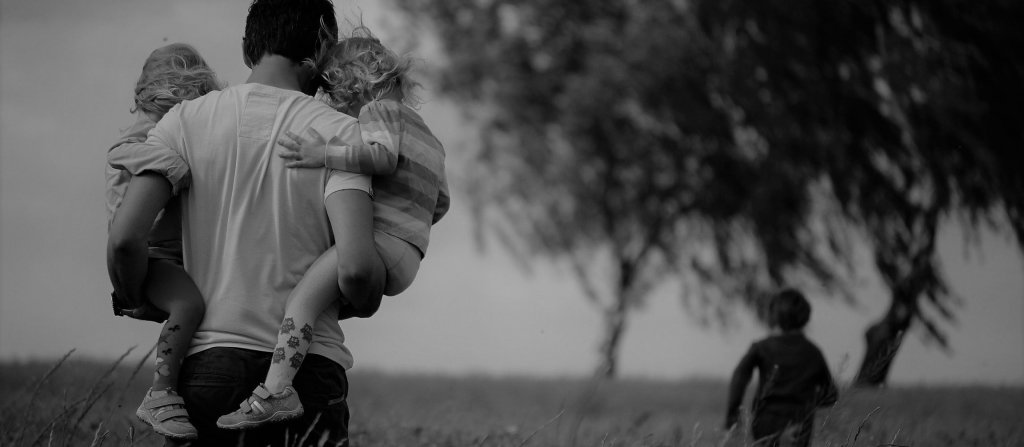They fuck you up, your mum and dad.
They may not mean to, but they do.
They fill you with the faults they had
And add some extra, just for you.
These lines open Philip Larkin’s best-known poem, ‘This Be The Verse’. I still remember our English teacher reading it aloud to us, a class of giggling adolescent school children, many moons ago.
But now as a therapist, daughter, mother and hopefully a wiser individual than when I was aged thirteen years and seven months, I believe it needs some gentle revision. We have advanced our understanding of epigenetics and intergenerational trauma; these concepts are in common parlance with my children’s generation. But from a psychoanalytic perspective perhaps we can add a more helpful view.
In 1975 Selma Fraiberg (et al), a clinical psychologist and social worker wrote a seminal paper with the title, ‘Ghosts in the Nursery’. In it they create the metaphor of ‘ghosts’ to highlight the connection between a parent’s past unremembered negative experiences and their future parenting styles, communicated via the unconscious processes of which we are all, by their very nature, unaware.
In 2005 Lieberman (et al), wrote a paper countering or ameliorating the conclusions presented by Fraiberg entitled ‘Angels in the Nursery’. In this paper they illustrate how positive experiences are also transmitted unconsciously, even if unremembered, and can serve as protective factors for even the most troubled of the clients they worked with: ‘We argue that uncovering angels as growth-promoting forces in the lives of traumatized parents is as vital to the work of psychotherapy as is the interpretation and exorcizing of ghosts.’
Christopher Bollas, another renowned psychoanalyst, suggested that when we experience intense, overwhelming negative experiences or feelings as a child or young adult our unconscious serves to protect us by packaging them up and posting them forward to our adult self. In this way we are offered the opportunity to deal with them when we have the strength and resources to manage them without the fear of collapse. Carl Jung believed our unconscious has a teleological nature, which means it has a purpose or use towards a goal or end result. So perhaps when we receive this package to unwrap it’s because we’re ready, however unwelcome or difficult it may feel. Receiving this package from the past often prompts many of us to seek help from a professional psychotherapist, someone to unwrap the past with, a safe space, a guide or a guardian of the process.
This psychoanalytic process is an exploration of our past and how it relates to our present. It aims to weave an understanding of our unconscious processes using the threads that connect the experiences of our past and present selves.
And what of our parents? What do we know about their life stories, their childhood experiences? How do we ask? Should we ask?
Have we lost something in the lack of oral traditions that pass the experiences of our elders onto future generations? How much of your family’s relational history is available to you? How much of your childhood do you remember? If we don’t remember and we can’t ask, perhaps we can wonder or imagine together with a guide or a guardian in a therapeutic alliance.
And then perhaps we can ask… What if our parents managed to give us something they had never experienced themselves? What made it possible for them to do that? What if we somehow found the compassion, understanding and sensitivity to return to them something wonderful that they had never received, but found it in themselves to give to us?
There are ghosts in all our pasts, but there are also angels to find and perhaps thank, for ourselves, our parents and the generations to follow.
Shiraz El Showk is a Training Member of the Association for Group and Individual Psychotherapy (AGIP) and a registered Training member of the UKCP, She is experienced in Psychodynamic counselling and Psychoanalytic Psychotherapy work with individuals, on both long and short term basis. Shiraz works from our Brighton and Hove practice, Lewes practice and online
Further reading by Shiraz El Showk –
Is an AI therapist as good as a human one?
What is the unconscious? (part one)
Why is three the magic number? Third spaces, secure bases and creative living (part two)



